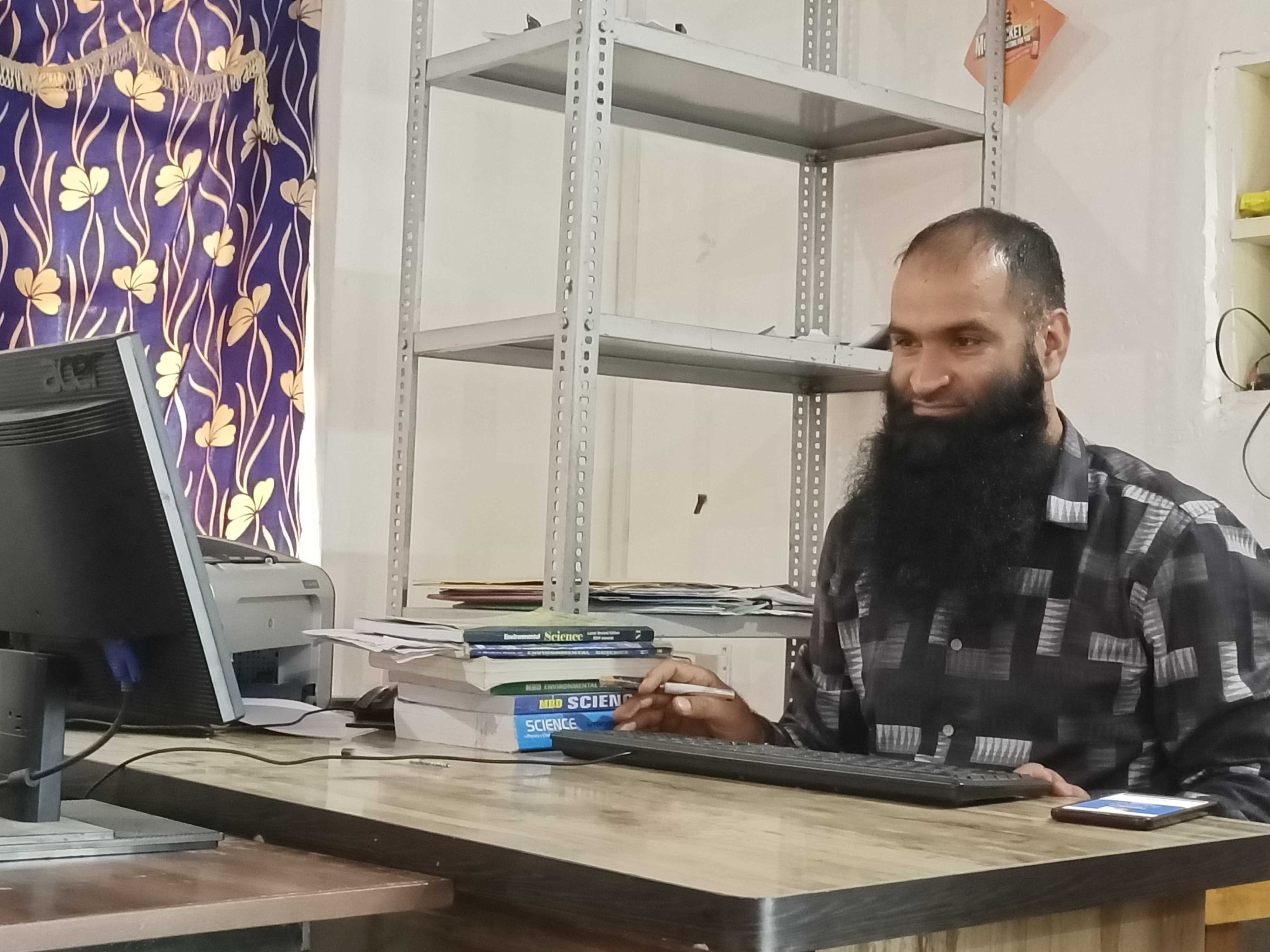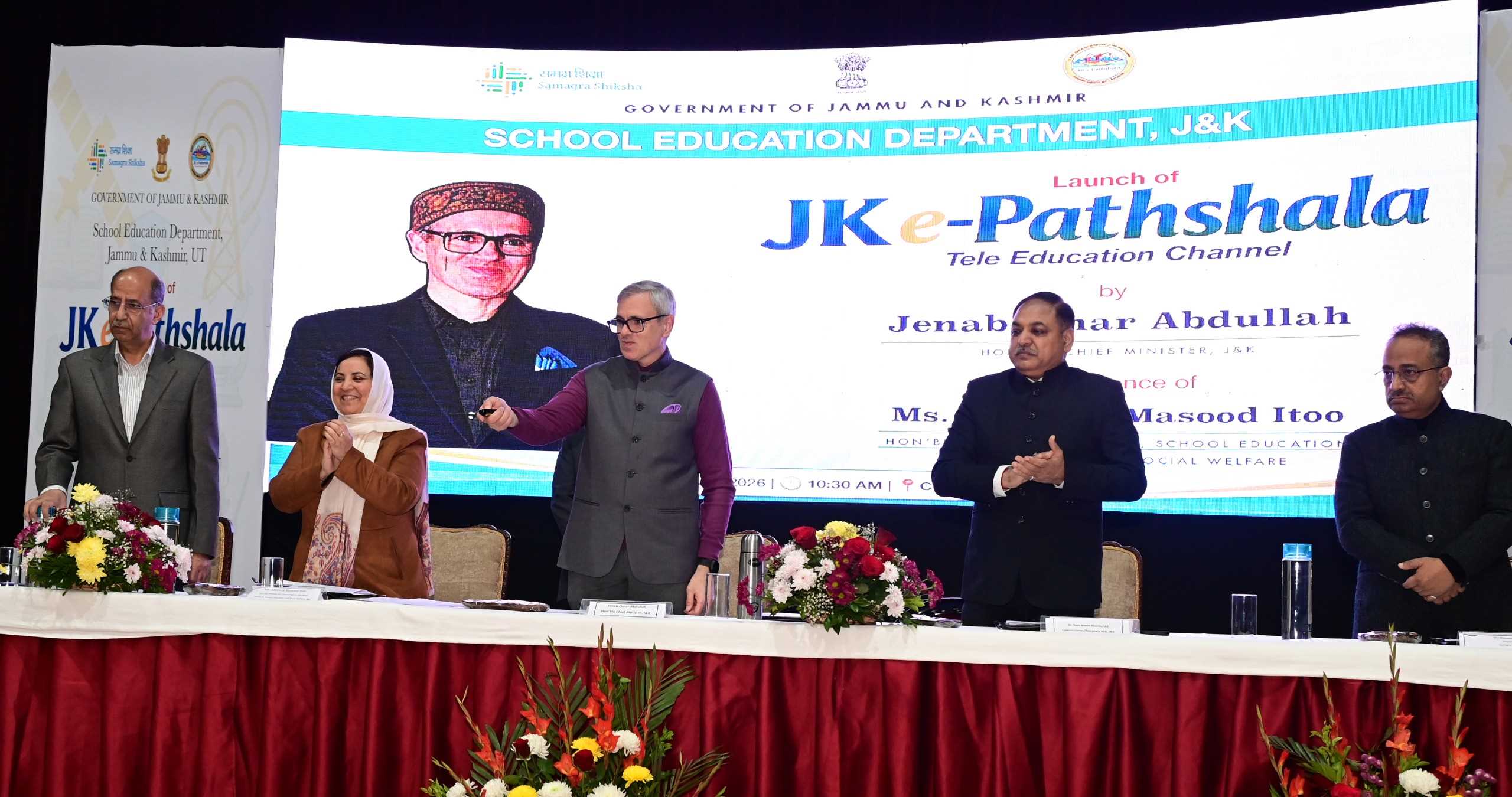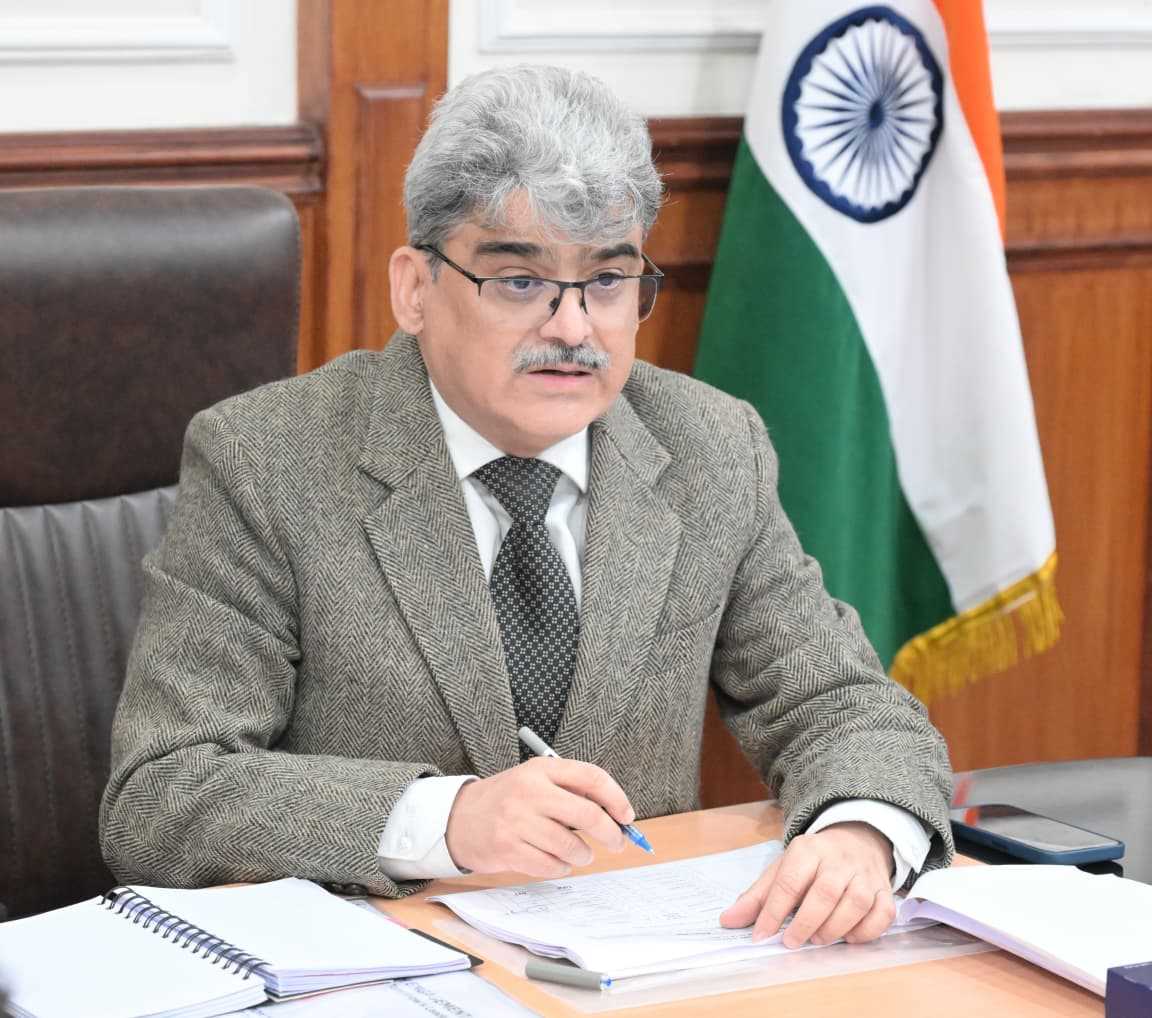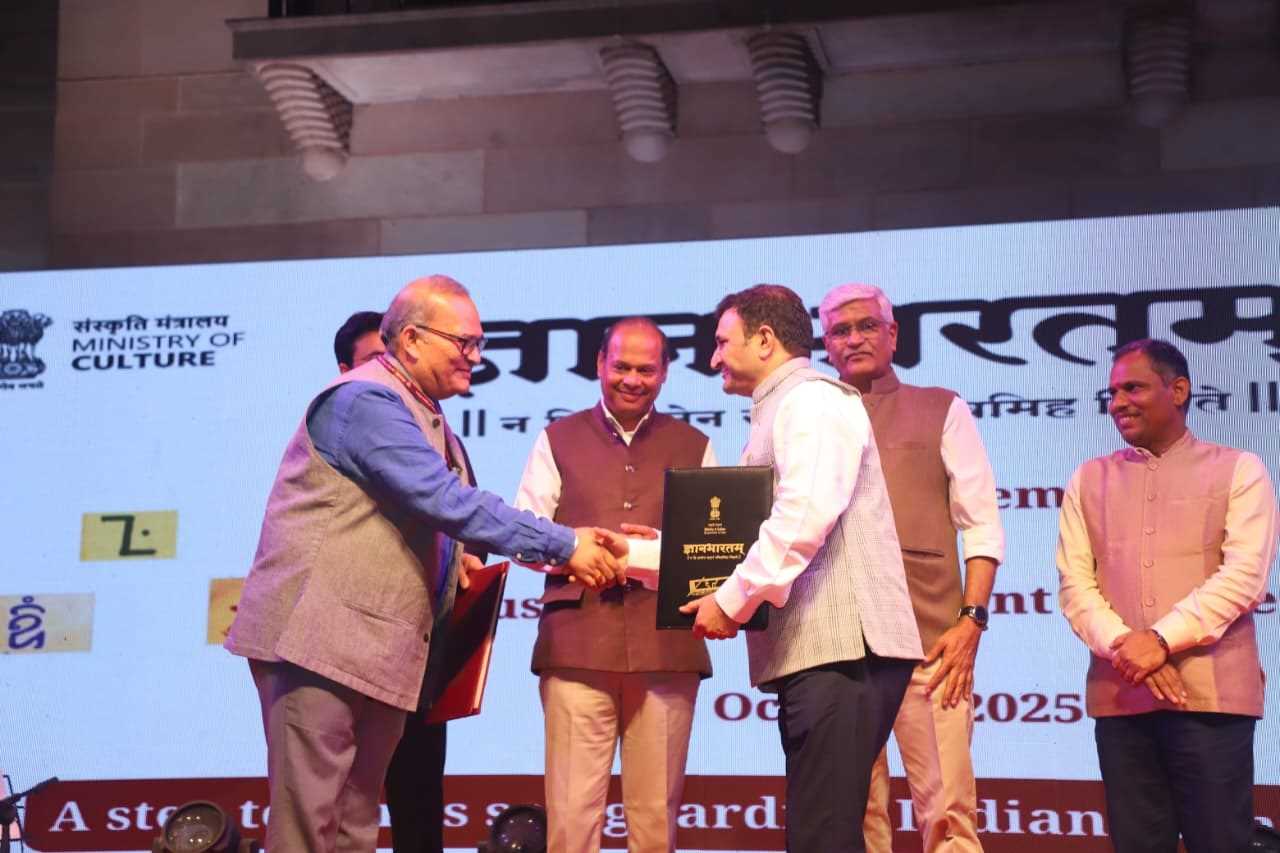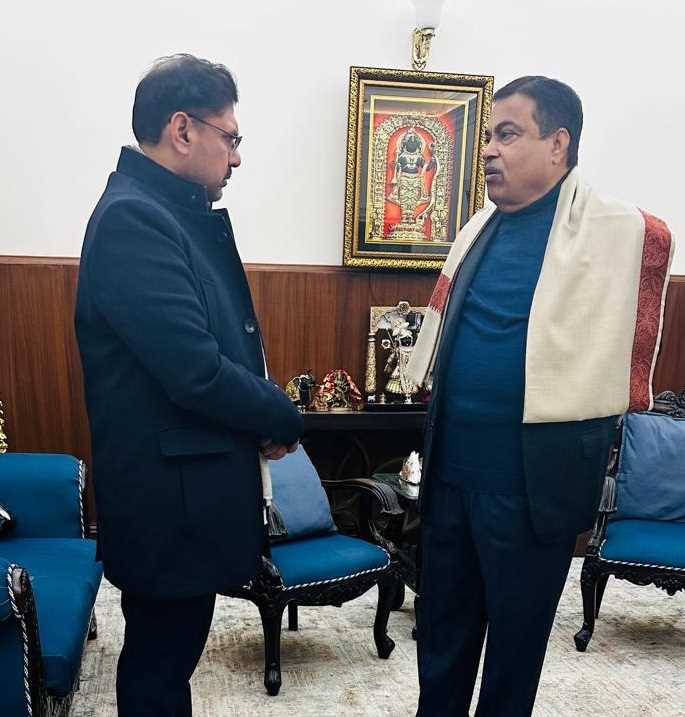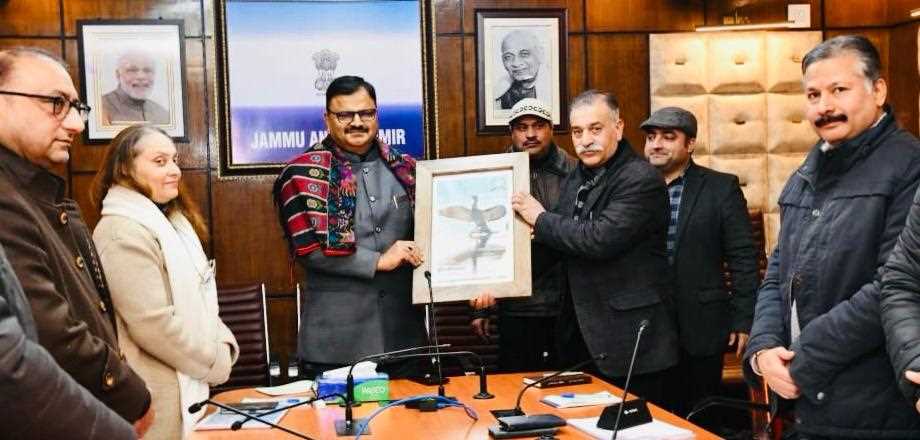Nowadays, it is hot news in Jammu and Kashmir to shift the academic session in Jammu and Kashmir from March-April to October-November. Many times, the Education Minister, Mrs. Sakeena Itoo, has told news reporters on different occasions that the government is keen to shift the academic session from March-April to October-November; in fact, it is written in the manifesto of the JK National Conference the ruling party . Some days ago, the Education Minister took a meeting of officers from the Education Department regarding the shift of examinations. Reportedly, all the officers at the helm of affairs agreed to shift the academic session from March-April to October-November, and they not only agreed but also strongly argued in favour of this shift.
A question can be asked of the officers who are at the helm of affairs: where was your conscience when this was implemented by the government? Why were you praising the decision then, and why couldn’t you convince the government at that time? Who is responsible for the academic loss during the two shifting intervals? The officers at the helm of affairs are the policymakers; the nation is dependent on them. They should shoulder their responsibility and tell the reality to the people in government. They are civil servants, and before implementing any policy, they should look at different dimensions, i.e., topography, weather, nature of living conditions, climate, and the tastes of the people, etc. Because the government is changing after small intervals, these officers are the ones who are there for the long term.
Keeping this debate aside, the shifting of the academic session is a welcome step and has many positive impacts on students’ academic excellence, which can bear fruitful results regarding their future.
Alignment with the Rest of India
If reports are to be believed, most educational boards and institutions in India follow an October-November academic cycle. Thus, this change would align Jammu and Kashmir’s academic calendar with the rest of the country, making it easier for students to apply for admissions and exams without timing mismatches.
Weather Adaptation
The winter months (December to February) in Jammu and Kashmir are harsh, making it difficult for students to attend school regularly. An October start date could mean avoiding the coldest months for regular schooling. The conducive atmosphere for the teaching-learning process in Kashmir is from March to October because the weather in these months is moderate. However, if we take exams in June, we lose three precious academic months. Thus, the October-November session is better for Kashmir. If the academic session aligns with the central examination boards’ schedules, it could allow students more focused preparation time and potentially reduce the stress of overlapping local and national exams.
Consistency in Syllabus Completion
This shift could give teachers more structured time to complete the syllabus without interruption, leading to a more uniform pace of study across the region. Many competitive exams, like NEET and JEE, occur around April-May. An October-November academic start would allow students more time for focused preparation before these critical exams. Not only this, but it could ease the transition for higher studies. Students transitioning to universities or higher studies outside the region would face fewer academic calendar discrepancies, simplifying admission processes and allowing for a smooth shift.
There can be some challenges in shifting the academic session, but they can be overcome and managed for the long-lasting benefit of students in particular and society as a whole.
In a nutshell, shifting the academic session could provide long-term advantages for students’ competitive exam readiness, facilitate smoother transitions to higher education, and create calendar alignment, although it would require careful planning and adjustments during the initial transition phase.
Email:----------------------lonenaziagul@gmail.com
